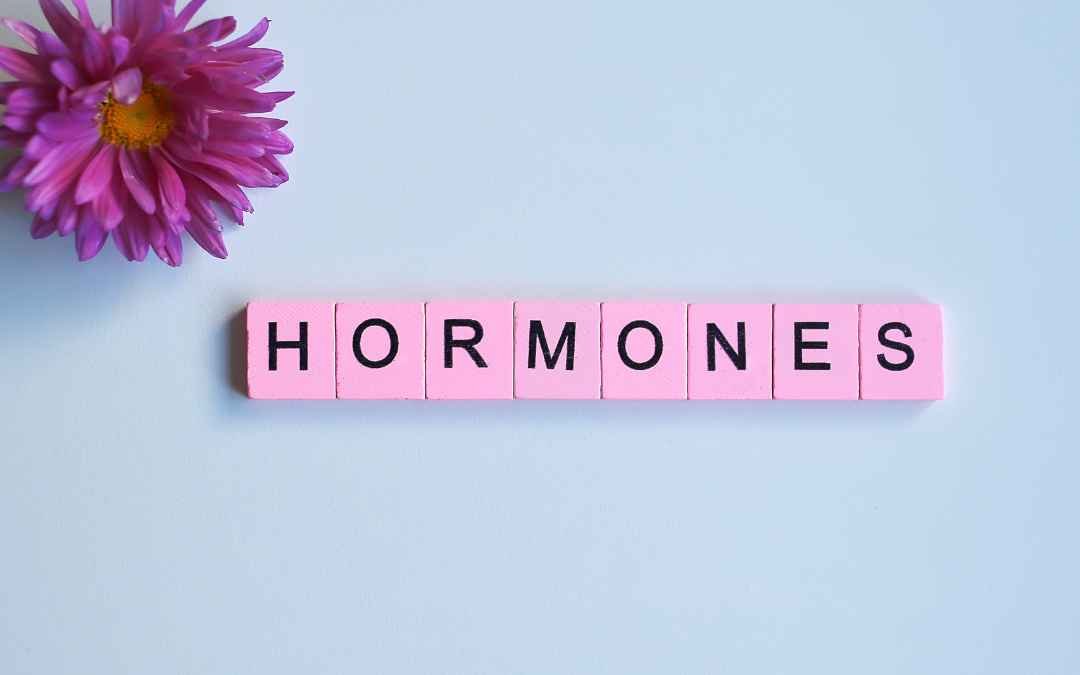Women’s bodies go through numerous hormonal changes throughout their lives, and these fluctuations can bring about various physical and emotional challenges. Understanding these changes and their potential impacts is crucial for women’s health and well-being. This article will explore the different hormonal changes that women experience as they age, delve into common problems associated with these changes, and provide some practical solutions for managing them. Additionally, it will touch on bioidentical hormone replacement therapy as a potential support for women facing hormonal imbalances.
Hormonal Changes in Adolescence
The journey of hormonal changes in a woman’s life often begins during adolescence. Puberty marks the onset of these changes, with the body producing higher levels of estrogen and progesterone. These hormones play a vital role in developing secondary sexual characteristics and regulating the menstrual cycle.
Adolescents may experience irregular periods, mood swings, and acne due to hormonal fluctuations. These symptoms are typically temporary and tend to stabilize as the body adapts to its new hormonal environment.
Establishing a healthy diet, getting regular exercise, and practicing stress management techniques can help teenagers manage hormonal changes. Consulting a healthcare provider for guidance on birth control options can also help regulate menstrual cycles and reduce symptoms.
Reproductive Years and Childbearing
During a woman’s reproductive years, hormonal fluctuations continue to occur. The menstrual cycle, which is regulated by hormones, is central to this phase. Estrogen and progesterone levels rise and fall, facilitating ovulation and preparing the body for potential pregnancy.
Menstrual cramps, premenstrual syndrome (PMS), and fertility challenges can arise during this phase. Hormonal imbalances can also lead to conditions like polycystic ovary syndrome (PCOS) and endometriosis.
Maintaining a balanced diet, staying physically active, and managing stress can alleviate menstrual discomfort. In cases of conditions like PCOS or endometriosis, consult a healthcare provider for personalized treatment options, which may include medication or surgery.
Perimenopause and Menopause
As women approach their late 30s and early 40s, they enter a transitional phase known as perimenopause. During this time, the ovaries gradually produce less estrogen and progesterone, leading to irregular periods and symptoms like hot flashes, mood swings, and sleep disturbances.
Perimenopause can be a challenging phase, marked by unpredictable menstrual cycles and bothersome symptoms. Eventually, women reach menopause, defined by the absence of menstruation for 12 consecutive months.
To manage perimenopausal symptoms, adopting a healthy lifestyle that includes a balanced diet, regular exercise, and stress reduction techniques is essential. Hormone replacement therapy (HRT) may also be an option for symptom relief, but it should be discussed with a healthcare provider after considering potential risks and benefits.
Postmenopausal Years
Once menopause is reached, hormone levels stabilize at lower levels. Postmenopausal women are at a higher risk of conditions such as osteoporosis and heart disease due to the decline in estrogen, which has protective effects on bone density and cardiovascular health.
Bone loss and increased cardiovascular risk are the primary concerns for postmenopausal women. Vaginal dryness and decreased libido can also occur due to reduced estrogen levels.
Regular weight-bearing exercise, calcium and vitamin D supplementation, and lifestyle modifications can help prevent osteoporosis. To address vaginal dryness and reduced libido, topical estrogen therapy or other non-hormonal treatments can be discussed with a healthcare provider.
For some women, especially those experiencing severe menopausal symptoms, bioidentical hormone replacement therapy (BHRT) may be considered a supportive option. BHRT involves the use of hormones that are structurally identical to those naturally produced by the body. These hormones are derived from plant sources and are designed to mimic the body’s hormones. BHRT may help relieve symptoms like hot flashes, mood swings, and sleep disturbances associated with menopause. It can also support bone health and reduce the risk of fractures.
Maintaining Hormonal Balance
It’s crucial to explore lifestyle and dietary strategies that can contribute to hormonal balance and overall well-being.
Balanced Diet: A nutritious diet plays a pivotal role in regulating hormones. Incorporate a variety of whole foods such as fruits, vegetables, whole grains, lean proteins, and healthy fats into your meals. Specific nutrients like omega-3 fatty acids, vitamin D, and antioxidants can support hormonal health. Additionally, reducing sugar and processed foods can help stabilize blood sugar levels and minimize hormonal fluctuations.
Regular Exercise: Physical activity is not only beneficial for your overall health but can also help in managing hormonal changes. Engaging in regular exercise can assist with weight management, reduce stress, and improve mood. Aim for a mix of cardiovascular, strength training, and flexibility exercises to maintain a healthy balance.
Stress Management: Chronic stress can disrupt hormonal balance. Incorporate stress-reduction techniques into your daily routine, such as mindfulness meditation, yoga, deep breathing exercises, or spending time in nature. These practices can help lower cortisol levels, the stress hormone, and promote hormonal equilibrium.
Adequate Sleep: Quality sleep is essential for hormonal health. Aim for 7-9 hours of restful sleep each night. Adequate sleep supports the body’s natural hormone production and regulation, aiding in the management of mood swings and energy levels.
Limiting Alcohol and Caffeine: Excessive alcohol and caffeine consumption can disrupt hormonal balance and interfere with sleep patterns. It’s advisable to consume these beverages in moderation or consider reducing your intake if you experience hormonal imbalances or sleep disturbances.
Regular Health Check-Ups: Routine visits to your healthcare provider are essential for monitoring hormonal health, especially during transitional phases like perimenopause and menopause. Discuss any concerns or symptoms you may have, and work together to create a personalized plan for maintaining hormonal balance.
The Bottom Line
In conclusion, hormonal changes are an inherent part of a woman’s life journey. From adolescence through menopause, these fluctuations can bring about various challenges. However, with proper awareness, a healthy lifestyle, and guidance from healthcare professionals, women can effectively navigate these changes and maintain their overall well-being.









